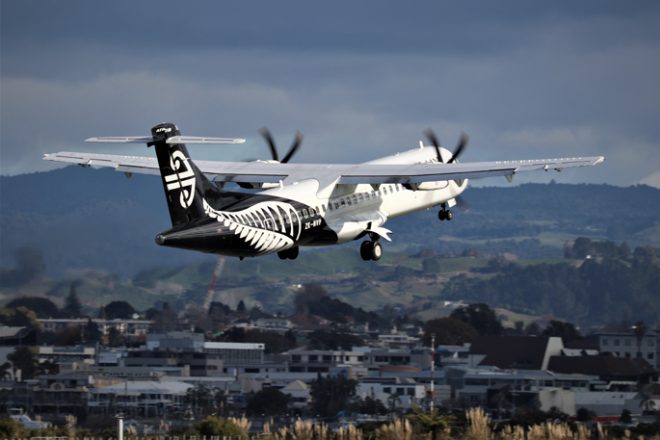Biosecurity New Zealand is strengthening its border presence at Auckland Airport in anticipation of the upcoming school holidays. An additional 20 staff will be assigned to work at the airport during this period, as announced by Mike Inglis, Northern Regional Commissioner for Biosecurity New Zealand.
Mr. Inglis noted the collaborative effort with other border agencies and airports in preparation for the holiday rush. He highlighted the challenges posed by simultaneous large passenger inflows, particularly when many flights land either early or late, leading to congestion.
To help manage the situation, Biosecurity New Zealand has set up express lanes for international passengers who have a low biosecurity risk. Trials will also commence using digital declarations to pre-identify low-risk passengers, enabling them to be processed more efficiently upon arrival.
However, the ongoing construction at the airport poses spatial constraints, though adjustments are being made to handle the volume of passengers.
To further enhance border processing capabilities, new quarantine officers have been introduced. In the previous year, 64 officers were recruited nationwide, with 46 stationed in Auckland. This year has seen the induction of 81 new officers, of which 56 are in Auckland. Another recruitment drive is slated for November.
The primary objective of these officers is to safeguard New Zealand’s primary sector, which recently recorded an impressive $57.4 billion in export earnings up to June. The focus remains on preventing threats like the brown marmorated stink bug, fruit flies, and foot and mouth disease from entering the country.
In August alone, 6,901 items posing a biosecurity risk were confiscated, resulting in 608 fines of $400 each for non-declaration of such items.
Mr. Inglis urged international travellers to be understanding and cooperative. He emphasised the importance of accurately completing arrival cards or digital declarations and declaring all potential risk items. Travellers can also ensure faster processing by staying together as families or groups and disposing of undeclared risk items in designated amnesty bins upon arrival.




























































